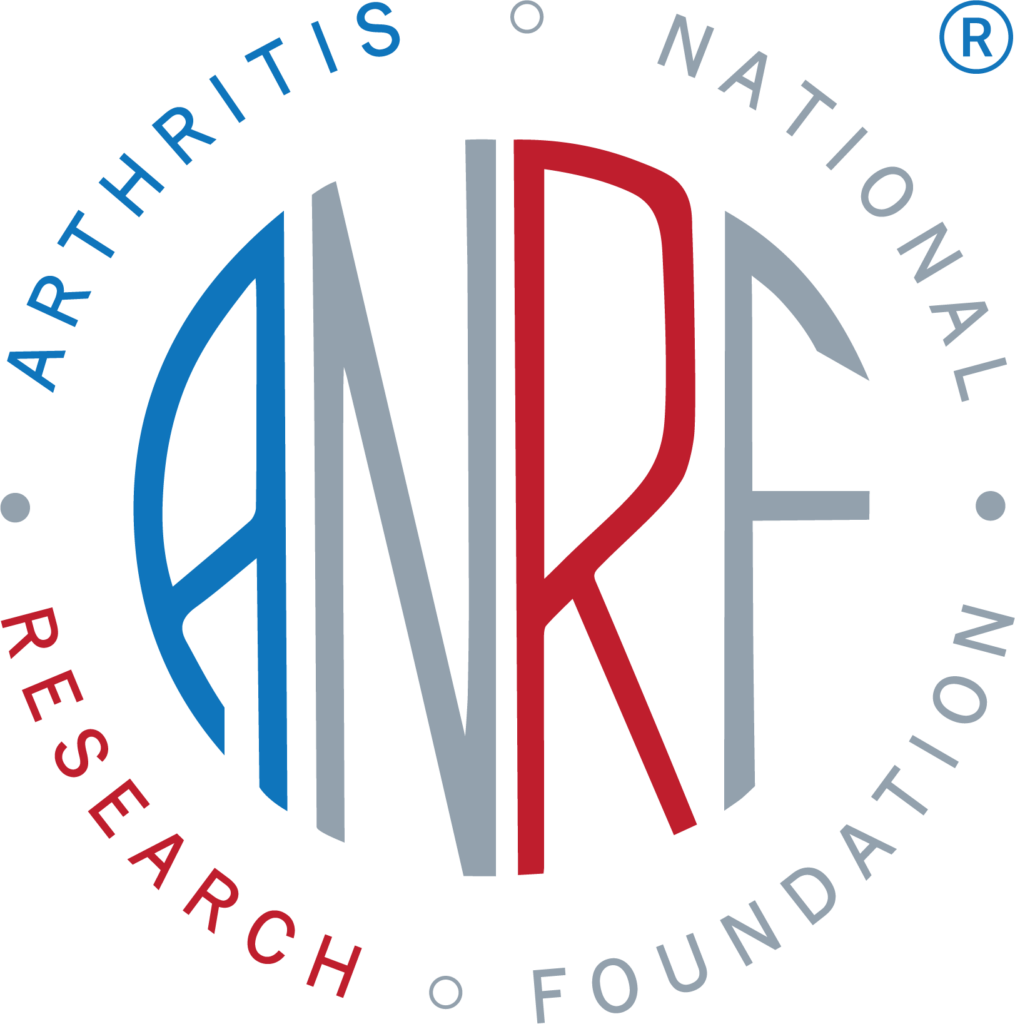Understanding Bone Loss in RA

Rheumatoid arthritis (RA) is a chronic, debilitating disease that affects the joints in patients and may result in bone loss. The structural integrity of bone is maintained by the coordinated actions of two cell types, the bone-forming osteoblast and the bone-resorbing osteoclast. In rheumatoid arthritis (RA), there is an imbalance in the activities of these two cells, resulting in bone loss leading to joint deformity and pain.
Dr. Karmakar will study bone morphogenetic protein (BMP) in arthritic mice, hoping to demonstrate that an antagonist of BMP inhibits osteoblast maturation and function at bone erosion sites in RA joints, resulting in impaired bone formation. Understanding these mechanisms will allow for the identification of novel targets to augment bone formation at erosion sites, a necessary step to preserve joint function in RA.
Dr. Karmakar has been honored as The Sontag Foundation Fellow for 2007-2008, for excellence in research related to rheumatoid arthritis.




